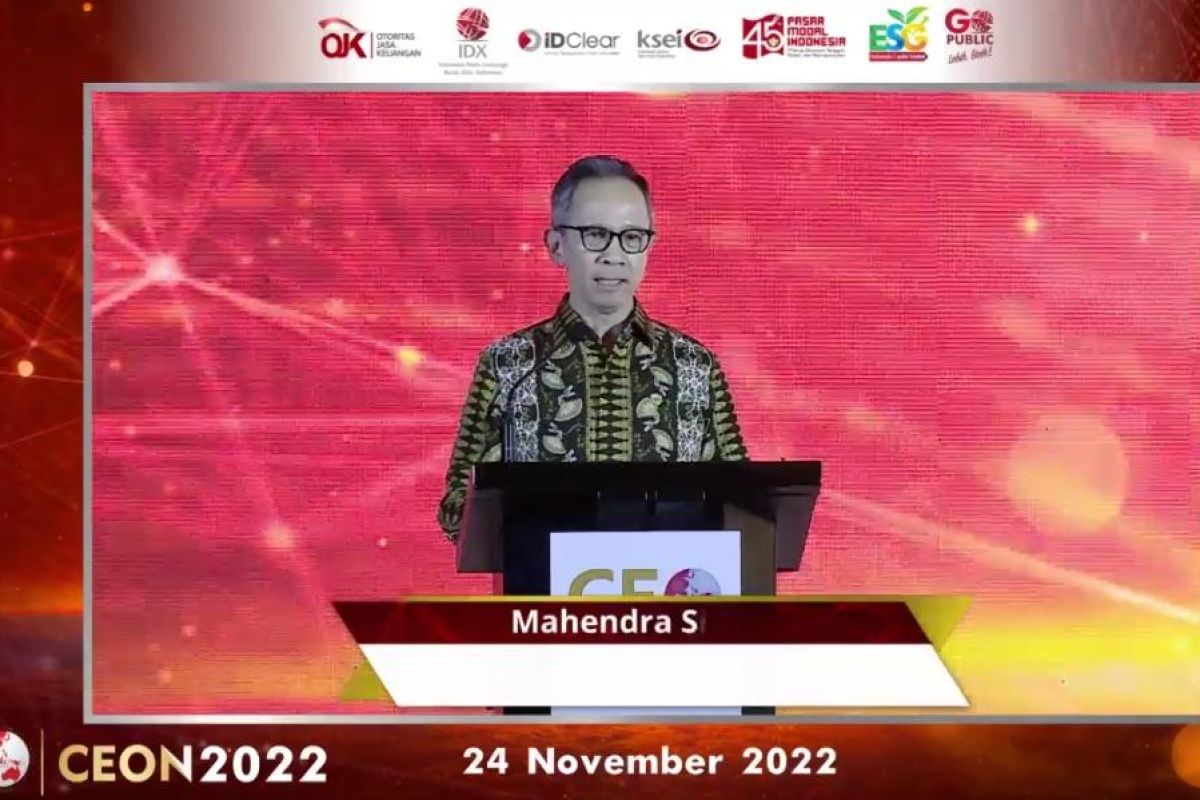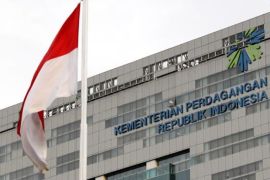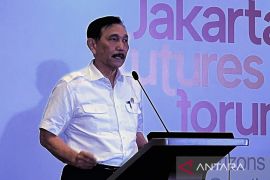"We must be grateful for the growth that even reached a record of 5.72 percent in the third quarter. The lesson learnt that we can take is we must not let our guard down," he said during the CEO Networking 2022 here on Thursday.
He said the lessons learnt referred to the bond rush in England, the bankruptcy of the FTX crypto exchange, and the default by Legoland in South Korea.
He said the risks in future can surface from anywhere.
Siregar said based on past experiences, systemic risks usually come from commercial and investment banks.
However, the risks that have arisen this year are not from the banking sector.
"First, the UK's fiscal taxation policy that then caused an interest rate crisis and a crisis of confidence in its government bonds and then caused a bonds rush," he noted.
"It was unimaginable before that the bonds rush would emerge from the fiscal policy, especially in developed countries," he added.
Next is the bankruptcy of one of the largest crypto markets in the world, FTX, with its product FTT.
Issues of governance, transparency, and supervision are apparently not monitored by investors, venture capitalists, investment funds, or hedge funds that have such great names and reputations.
"We think such investors have done extraordinary due diligence. It turned out that someone invested up to three series in FTX, so all of them were lost. Imagine that," Siregar noted.
Then, there is a bond of 205 billion won or US$144 million for the Legoland Korea project that was not paid on the maturity date of September 29, 2022.
The default by Legoland resulted in a rush of corporate bonds throughout South Korea.
"These things can happen. So, it is not just the perfect storm situation, but risks can come and have come from different and unexpected sides," he noted.
Related news: Indonesia to clock high economic growth sustainably: Bappenas
Related news: Indonesian economy grows 5.72 percent yoy in Q3: BPS
Translator: Citro Atmoko, Katriana
Editor: Rahmad Nasution
Copyright © ANTARA 2022












